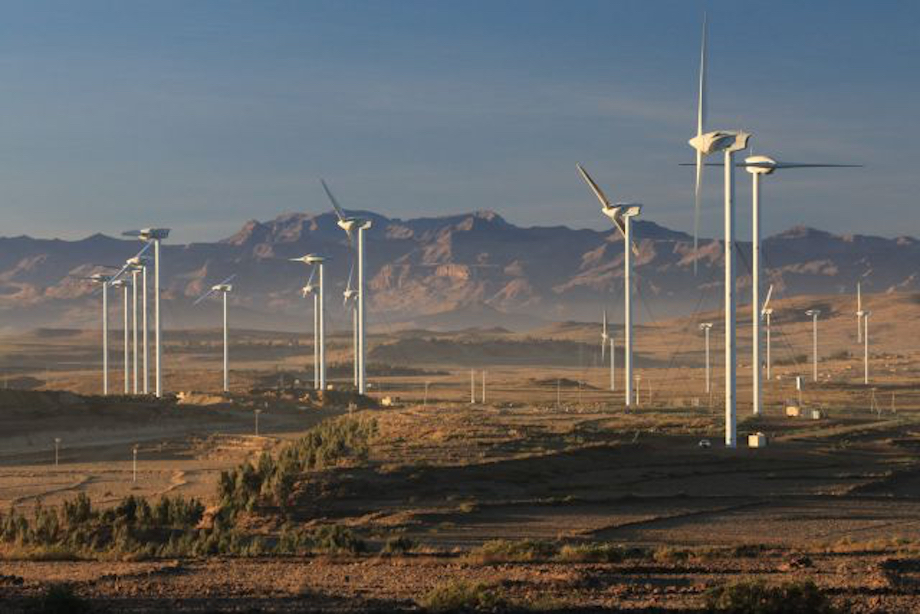Direct investment from the World Bank Group can help "catalyse private financial flows through the activation of guarantees and risk mitigation instruments in PPA contracts", the DEA added.
The Danish authority is drawing up a to help the African country to fulfil its plans to expand its wind portfolio from 324MW to 1,224MW by 2020.
Wind auctions are expected to provide this additional capacity, with a potential first round tender for 500MW reportedly split between five different sites, the DEA stated.
Ethiopian minister for water, irrigation and electricity Seleshi Bekele said: "It is our belief that private sector investment will play a significant part in enabling the achievement of the strategic objectives for the energy sector.
"To achieve an attractive business environment there is a great need for concerted support to develop robust institutional, regulatory and legal frameworks," Bekele added.
The DEA argued by opting for "site-specific" auctions, the Ethiopian government could "enhance local public acceptance and avoid public unrest".
This would shift the burden of the "critical and onerous tasks of the pre-development project phase" from the developer to the government and "ensure that the required transmission infrastructure will be in place and projects will be optimally located to best match demand with power generation capacity", the DEA said.
In Ethiopia, "all land is per definition owned by the state" and disputes over land rights and compensation for government expropriation are deemed "likely", according to another DEA report, ‘Accelerating wind power generation in Ethiopia’, published in October 2016.
The DEA also recommended the government should provide necessary permits prior to bids being submitted in auction and require proposed projects comply with "international technical standards such as the IEC 61400"
The government should also conduct in-depth studies on the potential for Ethiopian manufacturing industries along the value chain to provide components and services before introducing local content requirements, the DEA said.
Finally, the agency recommended establishing a central agency to grant and procure all the permits needed for the development of renewable energy projects by coordinating the necessary permissions between different authorities and agencies.
Danish ambassador to Ethiopia, Mette Thygesen, added: "Ethiopia is blessed with a tremendous wind potential and this could potentially be a cost-effective solution for a better power generation mix and seasonal complementarity to the current hydro-based system."
Ethiopia plans to increase its renewable power generation from 4.18GW in 2015 to 17GW by 2020, under the Ethiopian Growth and Transformation Plan.
Wind would account for 1.2GW of this total, hydro for 13.8GW, geothermal for 577MW, solar PV for 300MW. Additional electricity could be provided by gas turbines, waste energy, biomass, and plants that use by-products from sugar cane to generate power.




.png)
HR.jpeg)
.png)








